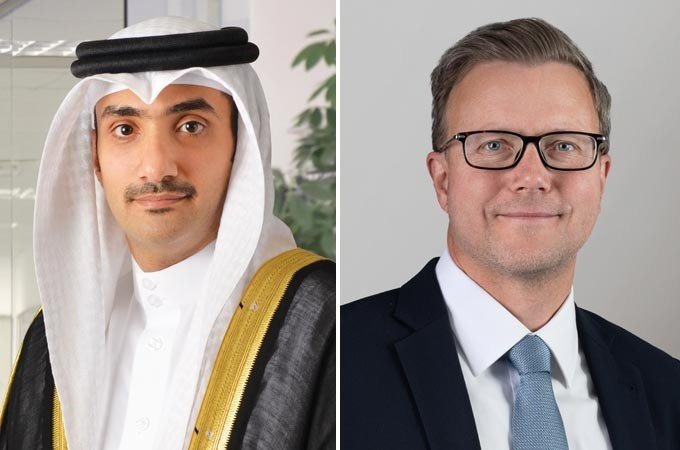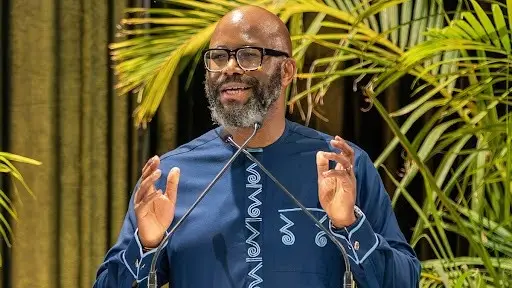The European Commission has unveiled the Africa-EU Space Partnership Programme, backed by an investment of €100 million (approximately US$103.8 million). The initiative, part of the EU’s Global Gateway strategy, aims to strengthen space cooperation between the EU and Africa by focusing on three main priorities.
The first priority is to support the green transition by developing space-based services that will enhance early warning systems for hazardous weather and climate-related events, helping African nations better prepare for natural disasters. The programme also seeks to boost institutional collaboration between the EU and African nations, aiming to improve decision-making processes and policy frameworks within the space sector.
The third priority focuses on strengthening Africa’s private sector by enhancing the capabilities of the space industry, fostering innovation, and promoting a dynamic space-based data economy to support sustainable growth across the continent. The programme will also actively involve European private companies in service provision, capacity building, and innovation.
Leveraging European space technologies like Copernicus (Earth observation), Galileo (global navigation satellite system), and EGNOS (European Geostationary Navigation Overlay Service), the programme aims to enhance space-based capabilities in sectors such as agriculture, climate monitoring, and disaster risk reduction. Through initiatives like GMES & Africa (an Earth observation programme), the programme will improve access to satellite data for applications in land, water, and natural resource management, as well as marine and coastal areas.
By increasing the uptake of space-based data and building institutional and private sector capacity, the European Commission expects the programme to empower African nations to monitor environmental changes, reduce risks from natural disasters, and support sustainable economic growth through initiatives like safer air traffic management and the development of satellite navigation systems for Africa.















